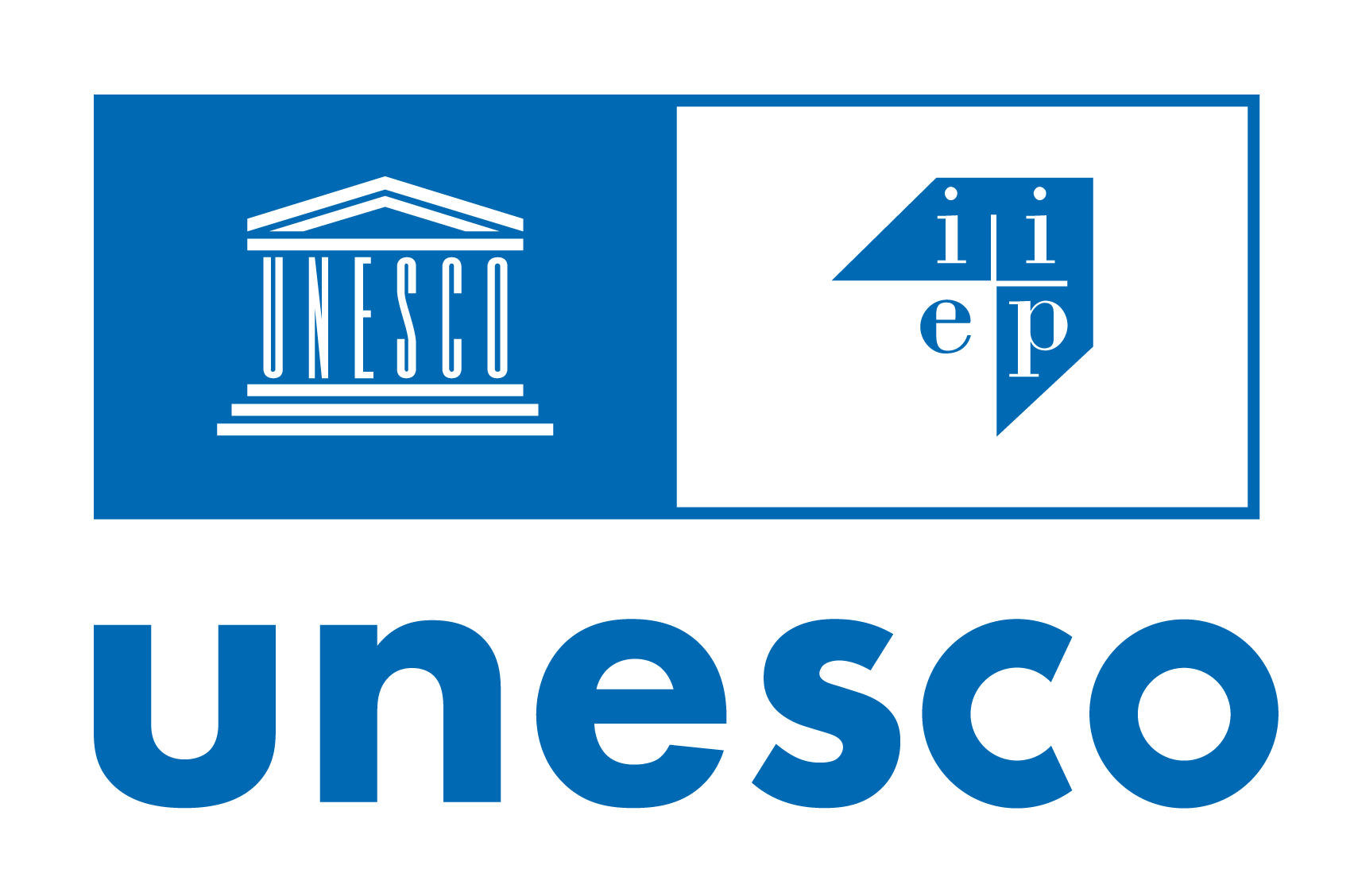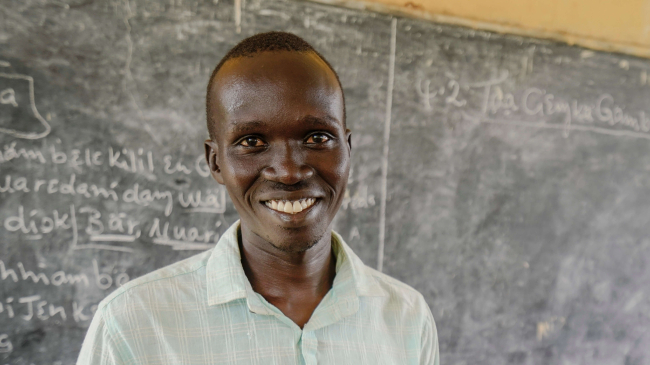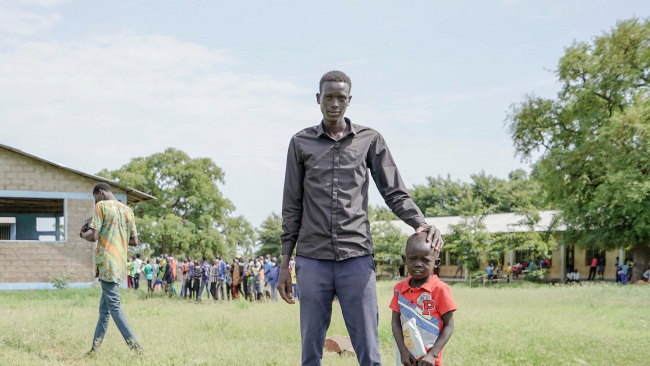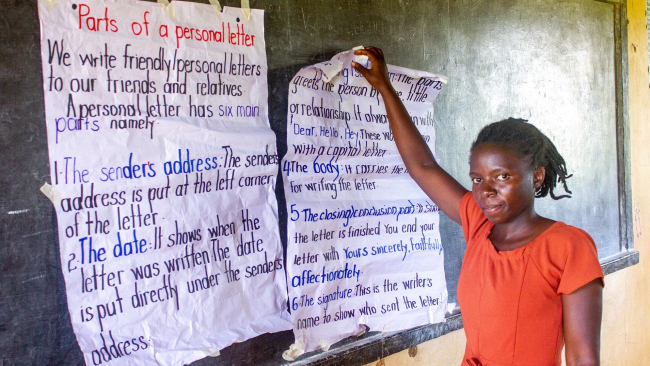This study presents a comparative analysis of the education situation prior to, during and after the conflicts in Rwanda and Burundi. The two countries are known by the Francophone term ‘les faux jumeaux – the non-identical twins ....[which] highlights the commonalities but also the danger of considering the two countries as being alike....As events unfolded in one of the faux jumeaux, so the events would be mirrored in the neighbouring twin country, but in a non-identical manner.’ (Obura, 2008: 46-47). The analysis of ‘les faux jumeaux’ highlights the historical causes of conflict as well as the impact that these conflicts have had on the education systems in both countries. It also reflects on the legacy of discriminatory practices on the current education systems, and makes recommendations for donors currently funding or potentially about to fund both countries, as well as to the governments regarding curriculum issues.
Year
2009
Pages
29 p.
Series
Background paper prepared for UNESCO for the EFA Global Monitoring Report 2010
Resource Types
Languages





